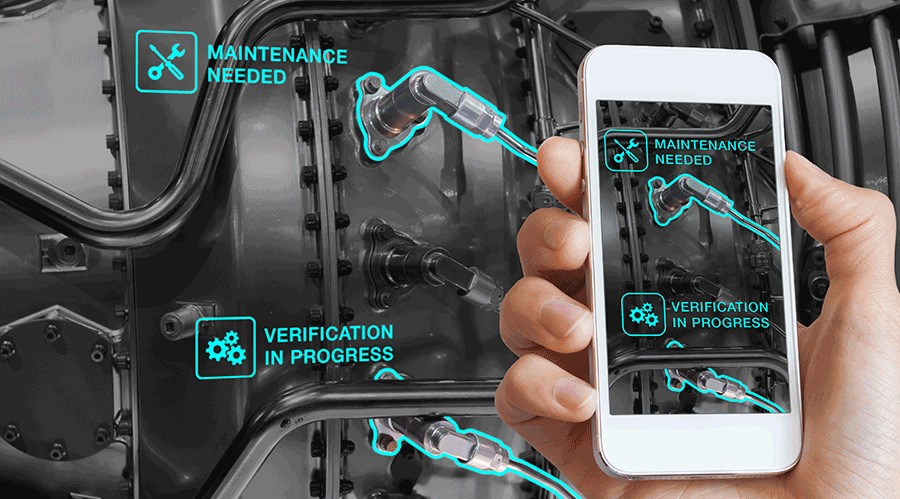Strategies for Engaging the Maintenance Workforce
Engaged technicians can help managers revamp a department's image and drive an organization's success
Facility managers have a few strategies they can use to engage their departments’ supervisors and front-line technicians:
The vision-mission link. Connect the vision of the organization to the mission of the facilities department. Help the facilities staff understand the way they fit in the overall picture. Facilities plays a fundamental role in helping the organization work well.
Consider this example: Without such essential responsibilities as thermal control, plumbing, lighting, and housekeeping, places of business would be much less than ideal and, in some cases, they would be dangerous. Given that in most organizations, employee salaries make up the majority of the expenses, it is not hard to understand that when employees are uncomfortable and dissatisfied with the state of the facility, they are less productive, which ultimately costs the organization. When facilities workers understands that connection, they will be better able to see that they are not just managing work orders and preventive maintenance tasks. They are facilitating organizational productivity.
The personal mission. Connect the facilities mission to the individual’s daily activities. One of my favorite examples of this link came from a colleague who is a facility engineer in a research and development company. He told me the reason he worked so hard to make his buildings more efficient was that he believed the research conducted by the scientists in his buildings would help make sick people well, so if he could be more efficient in facility operations, the resulting environment would result in more money going toward research. He saw himself and his responsibilities in facilities as an extension of the company mission. He carried this connection into his projects, and he spread it to his teams. Through his leadership and dedication, he was effective in getting his teams to perform well. They understood that they, too, were a part of something larger than a task or a project and were willing to go above and beyond.
Early expectations. Set expectations from the beginning. Employees who start their careers by understanding their place in the organization, their performance goals, and ways they can move forward in the department have a better sense of ownership of their roles. They also are more empowered to act on behalf of and in concert with the team.
Relationship matters. Create relationships — an essential building block for any successful team. The most effective leaders foster team relationships, loyalties and support. Strong teams back each other up and work toward a common purpose. Conversely, a lack of connection and poor relationships with colleagues are top reasons people leave a job.
Related Topics:














